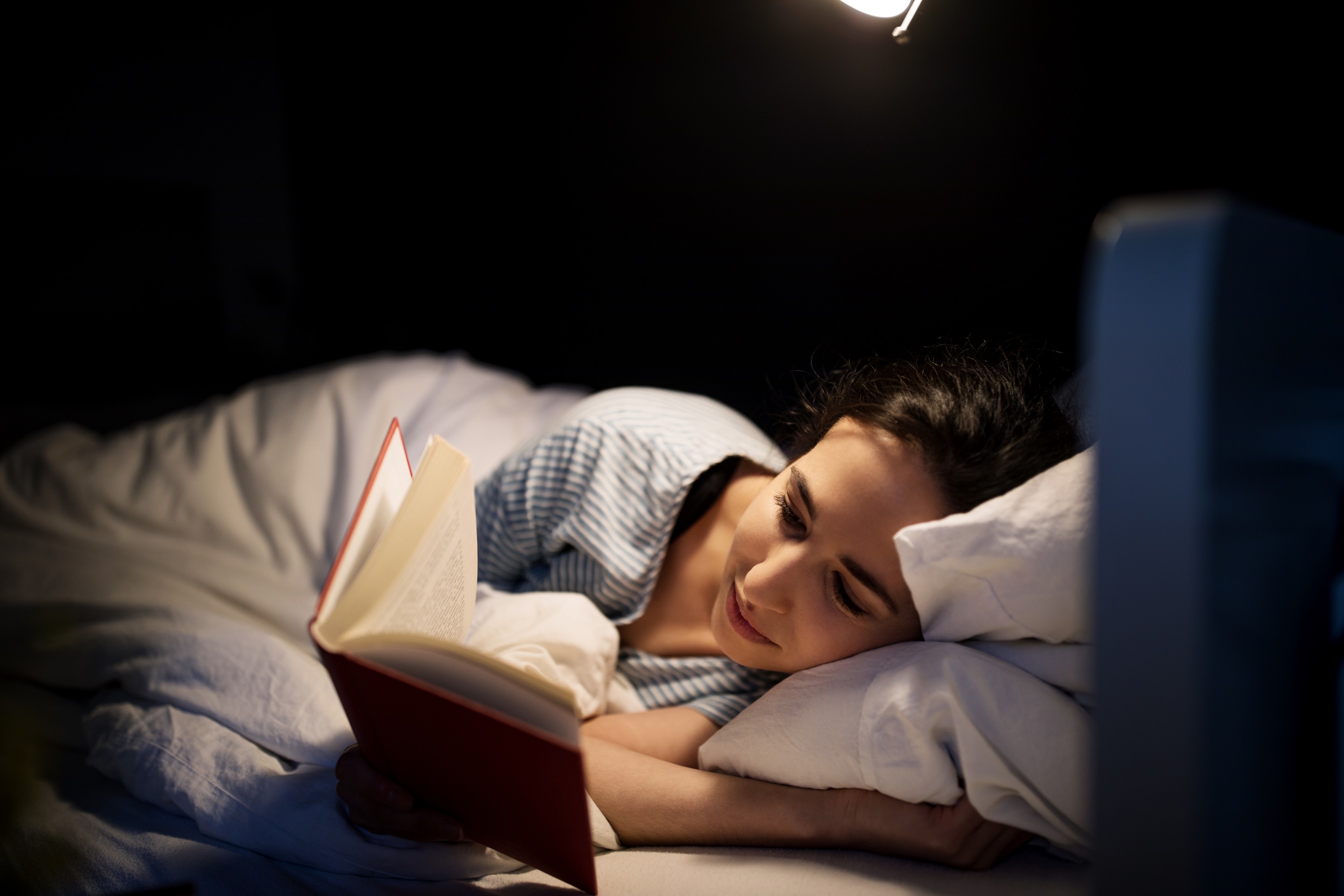
When we look at many of the deciduous trees and plants outdoors, they lose their leaves and look rather lacklustre at the moment. This is their time of rest. They slow down, pool resources and then get ready to bloom in spring and summer.
This is a great time for us to do the same. Instead of watching one Netflix series after another and giving in to food cravings in the dark evenings, this is a great time to go to bed earlier, read a few chapters and get more rest.

More sleep also supports immune function at a time when there are more infections present.
Another new habit to try is shocking the body with cold water immersion. It doesn’t sound appealing but it is oddly addictive once you are used to it. In a trial which was carried out in the Netherlands in the winter months, 3018 volunteers aged between 18 and 65 and with no previous experience of regular cold showers, were randomly allocated to having a cold shower or a warm shower every morning, for a month. The study found that those who had a cold shower took 30% fewer days off sick from work than the control group.
If the idea of a completely cold shower is off the cards for you, consider having your usual shower and finishing off with a burst of cold water. Research has shown that it takes six attempts for the body to get used to it and after that, there is less of a shock to your body and it is somewhat appealing. Start with five seconds and draw it out each day, trying to breathe slowly and steadily. The idea is that repeatedly undergoing a mild stressor such as this will help you to cope better with other stressors also.
Elite athletes have long used a technique called "motor imagery" in which they imagine themselves performing successfully. There is evidence that this actually does increase their chance of doing so. Our mind is a powerful tool so choose words carefully — before turning the shower faucet to cold, try saying something along the lines of "right, let’s feel alive" instead of telling yourself how bad it might be.
Cold water immersion appears to have an anti-inflammatory effect also, so this is beneficial for reducing risk factors for depression, dementia, Alzheimer’s disease, heart disease and type 2 diabetes — all which have a chronic inflammation element. It also helps to support the circulatory system so makes you feel well and truly awake and alive to start your day.
Dee Copland is a naturopath and nutritionist living in Central Otago.
— The advice contained in this column is not intended to be a substitute for direct, personalised advice from a health professional.

Further reading
A few books I have loved over the years that you may like to add to your winter bedside book pile are:
The Female Brain by Louann Brizendine
Deep Nutrition by Catherine Shanahan
Fast Like A Girl by Dr Mindy Pelz
Women’s Wellness Wisdom by Dr Libby Weaver









